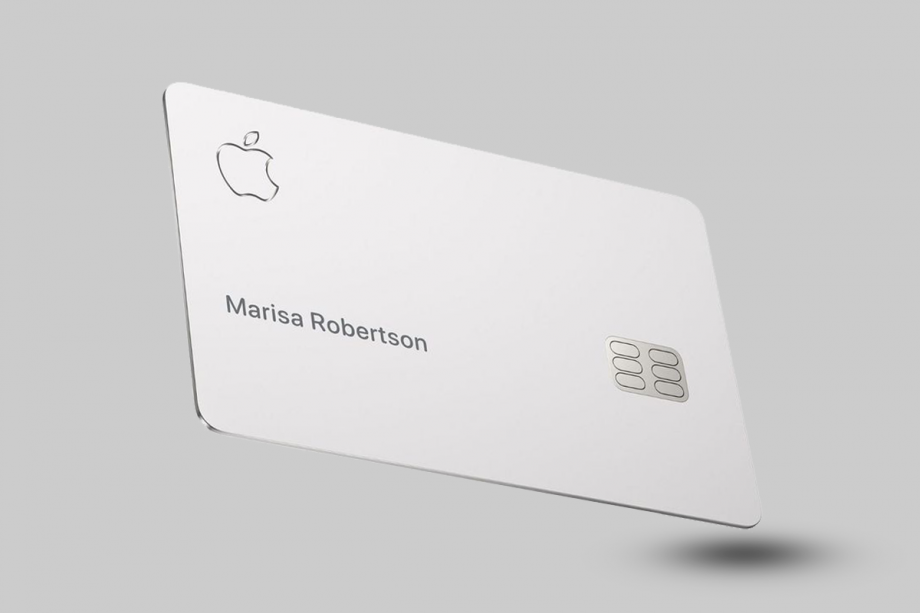Steve Jobs rejected the first Apple Card – here’s why

The Apple Card started rolling out to select individuals in the US this week, but it could’ve come a lot sooner if not for Steve Jobs.
In the late 1990s, Steve Jobs and Apple were involved in discussions with Capital One about a credit card. However, Jobs was concerned about his customers feeling rejected by Apple if they weren’t accepted for a card.
Related: Apple Card
According to CNBC, a former Capital One executive stated Steve Jobs “had an aversion” to reject any of his customers for an Apple credit card. After the card went through a testing period, it was eventually cancelled.
Apple is now working with Goldman Sachs on launching its first credit card. The card appears to be somewhat addressing Jobs’ concerns – with exceptionally high approvals thus far.
Goldman Sachs is reportedly accepting a wide range of applications for the card – approving subprime borrowers for the product. Subprime borrowers are those with lower credit scores.
The strategy makes sense as – with the card – Apple is hoping to approve as many of its over 100 million iPhone users as possible while adhering to regulations and lending responsibly.
Related: iPhone 11
While Apple wants to reach as many of its current product customers as possible, the company is intent on lending responsibly as it wants to maintain its image of providing a high standard of user experience.
The application process for the Apple Card opened on the 5th of August – but customers still required an invite to apply.
A big part of the Apple Card experience is how it works in coordination with Apple Pay. The app offers a range of budgetary options and information as well as added clarity over repayments.
Use of the card offers customers several cashback options including 3% on purchases from Apple, 2% on any purchases via Apple Pay and 1% when using the physical card.

